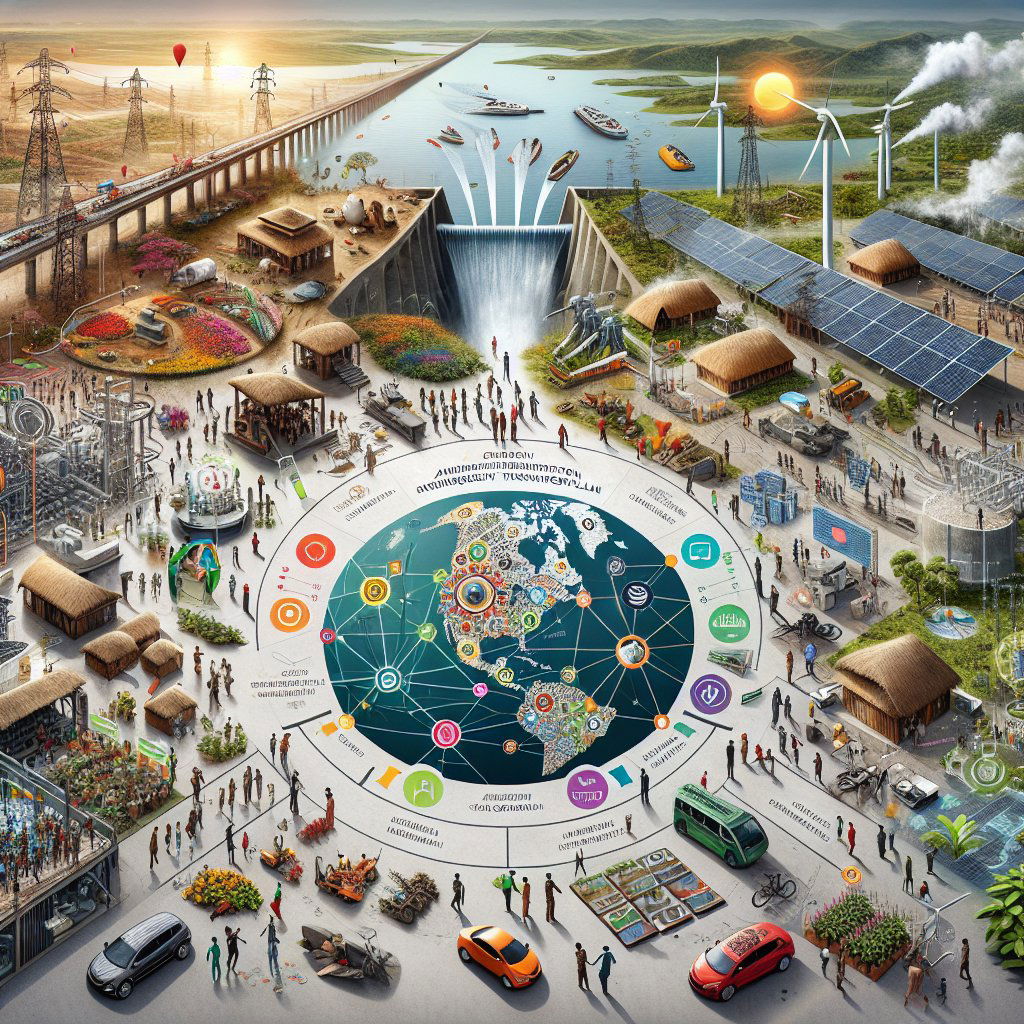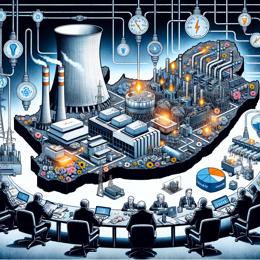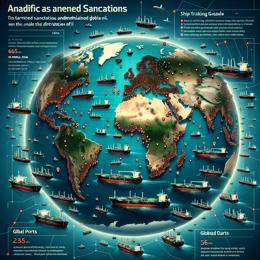Image: AI generated for illustration purposes
Mozambique Launches $80 Billion Energy Transition Vision for a Sustainable Future
In an era where sustainability is the new and necessary frontier for development, Mozambique has seized the spotlight with the unveiling of an $80 billion energy transition plan that promises to redefine the country's economic landscape and environmental commitments. This groundbreaking strategy, set to span over a period leading to 2050, has stirred global anticipation as it earmarks the colossal task of amplifying the nation's renewable energy matrix and ensuring widespread electrical grid access to its populace.
Mozambique's approach to this transformative journey is poised to be formally showcased by President Filipe Nyusi during the upcoming COP28 climate summit in Dubai, a significant platform that brings together global leaders to seek collaborative efforts in battling climate change. The energy plan, which received a nod of approval from Mozambique’s Council of Ministers on November 21, delineates a series of pivotal projects and initiatives expected to kickstart from 2023 and reach pivotal stages by 2030.
One of the standout elements of the plan is the remarkable surge of 2,000 megawatts in hydropower capacity. This surge is slated to emerge partly from upgrades to existing infrastructures, such as the Cahora Bassa Dam, and the anticipated completion of the Mphanda Nkuwa Hydropower Project, positioned as key turbines in the green electrification of Mozambique. Another top billing in this comprehensive agenda is the strengthening of the national grid, designed to extend its reach substantially, thereby fostering inclusive access to electricity.
Moreover, the transportation sector is set for an eco-conscious revolution with significant transitions to electric vehicles, reflecting a clear strategy to curtail emissions and bolster environmentally friendly transit solutions. This move could potentially revitalize and introduce a modern dynamic to urban and rural mobility alike, aligning with global shifts towards clean transportation.
Mozambique's venture into the liquefied natural gas market in November 2022 marked a transformative step in the country's resource utilization. With vast gas reserves now in play alongside the immense potential for the harnessing of renewable sources, such as solar and wind, Mozambique stands at the brink of an economic resurgence. These energy resources are envisioned to be the twin engines propelling the nation towards robust growth trajectories.
Indisputably, Mozambique's pledge for renewal and progress through this energy transition plan is also a heartfelt commitment towards uplifting millions from the grips of poverty. By intertwining the objectives of sustainable energy development with the broader imperatives of socio-economic advancement, Mozambique is setting a precedent for African nations and emerging economies worldwide.
This plan is not merely a blueprint for energy policy—it is a roadmap toward a greener, more prosperous Mozambique that beckons the promise of brighter days for its citizens and for the planet.










